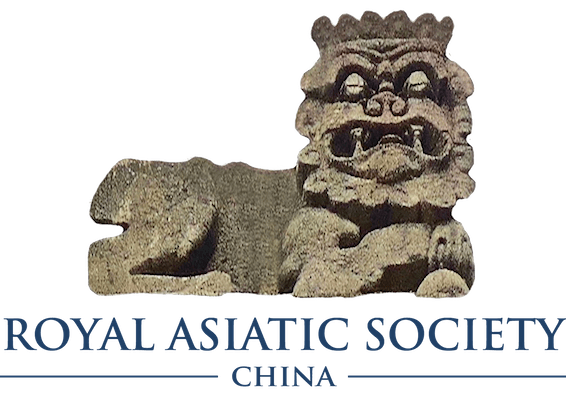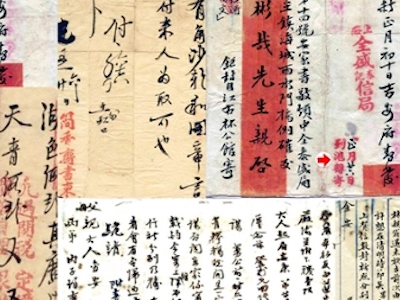-
Join us for an RAS Online Salon on the 10th of May, where Weiping Tsai will discuss the role of private letter hongs in late Imperial China. This session will take place on Zoom.
Long before the Imperial Chinese Post Office was set up in 1896, a postal system had existed for centuries. This was made up of a myriad of local, privately-owned courier firms, known collectively as ‘letter hongs’. These firms were rooted in their home areas, but collaborated extensively and by their peak in the late 19th century were able to provide services across the whole of China, and indeed beyond its borders to the Chinese diaspora across the region.
While there has been a huge amount of scholarship around China’s modernisation in this period – largely focused on institutionally directed or foreign-influenced developments – one area now only receiving attention is the network of communications that knitted the Qing Empire together. The letter hongs formed the largest and most significant element of that network, a web of family-owned companies that established vital supply lines for information, money and goods, with a reach more fluid, adaptable and extensive than even the government’s own military information relay service.
Being mainly small, privately-held organisations, source materials are quite scarce. Decoding the covers of letters sent across network – quite literally, the journeys taken are recorded in code on the covers themselves – provides a very useful source of material on how the hongs operated, including routes taken, transit times, charges and so on, while the letters themselves are fascinating social documents recording the intricacies of family and business life.About the SpeakerWeipin Tsai is Senior Lecturer in Modern Chinese History at Royal Holloway, University of London. Her research focuses on the history of Chinese Maritime Customs Service, modern Chinese postal networks and private courier routes.

